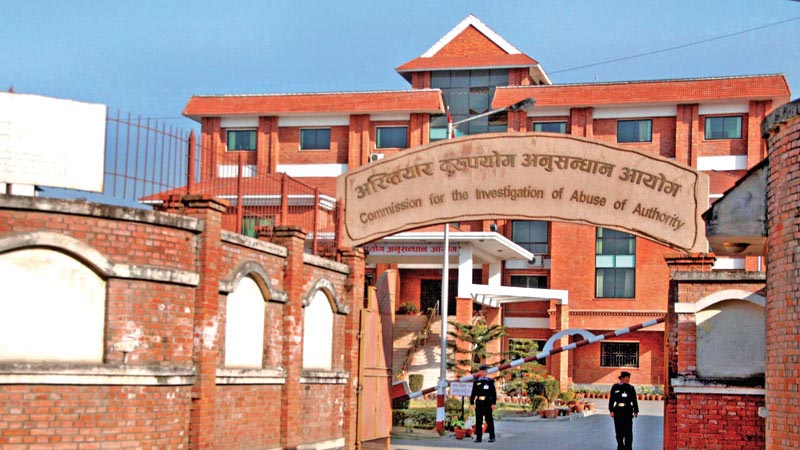CIAA starts probing inedible sugar scam
CIAA starts probing inedible sugar scam
Published: 12:15 pm Jun 11, 2020

Bara, June 10 The Commission for the Investigation of Abuse of Authority has started investigating suspected fraud linked to a huge consignment of inedible sugar brought from India. On March 8, three truck-loads of sugar had entered Nepal from India. After the consignment was deemed unsuitable for consumption by the Food Import Export Quality Verification Office at Jaleshwor, the trucks carrying 72 tonnes of sugar were kept at the Revenue Investigation Office in Pathalaiya. The incident drew the attention of the anti-graft body after the Babarmahal-based Food Quality and Control Department in Kathmandu okayed the consignment deemed by its own subordinate office as inedible and not fit for consumption three months ago. The correspondence from the FQCD’s office in Babarmahal identitying the consignment as fit for consumption had also given rise to protest from consumers. Shibaraj Regmi of the CIAA regional office in Hetauda confirmed that investigation was under way regarding the seized sugar consignment. “On our part, we at the office have started investigation by procuring related documents. A similar investigation is also in progress at our Bardibas-based office,” Regmi said. According to sources at Pathalaiya Revenue Investigation Office, of the total 1,440 bags of sugar that had entered the country, it can clearly be seen that 298 have the original consumption date tampered with and overwritten. “The National Human Rights Commission has written to all stakeholders related to the sugar scandal. Now I have heard traders involved in importing the substandard sugar are spreading the rumour that the letter was forged, which is nonsense,” said Consumer Forum Nepal’s vice-chairperson Ajaya Adhikari. “Apparently, some unscrupulous traders, hand-in-gloves with customs staff, are trying to make huge money by passing off inedible foodstuff as fit for consumption. What’s worse is even the government agency is involved in this filthy scam, putting people’s health at risk,” he said. A version of this article appears in e-paper on June 11, 2020, of The Himalayan Times.



